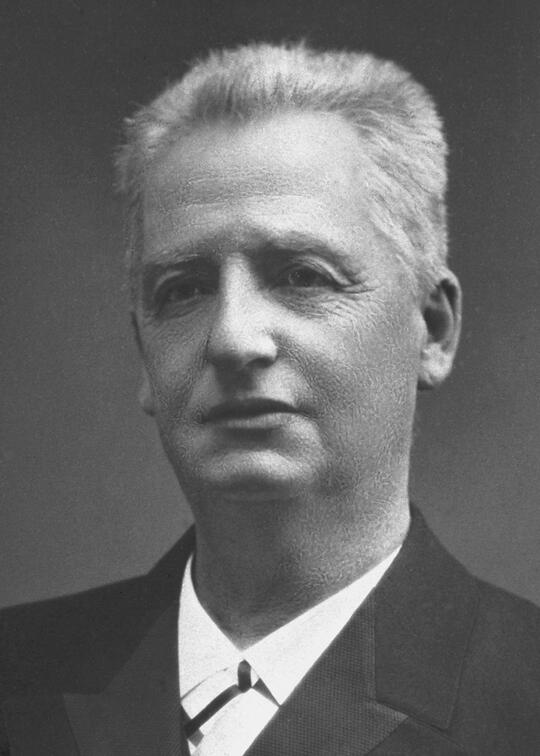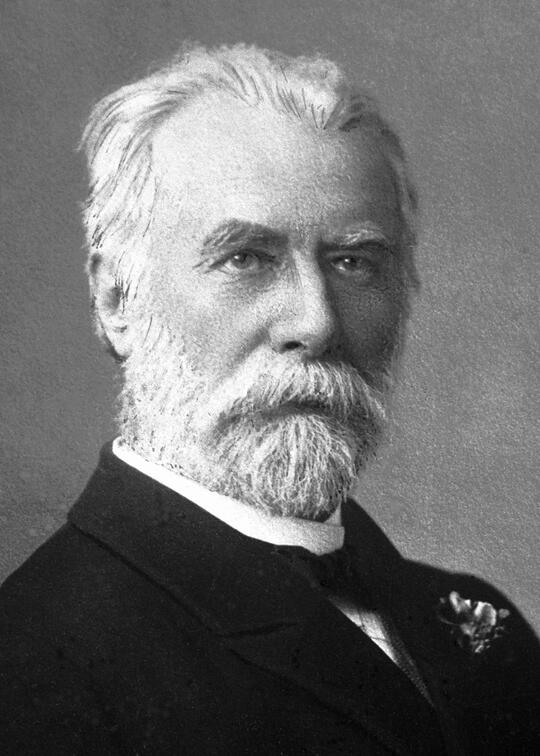1908
Klas Pontus Arnoldson
Fredrik Bajer
for their long time work for the cause of peace as politicians, peace society leaders, orators and authors

Klas Pontus Arnoldson (1844 - 1916)
Sweden
Author and Peace Activist
Norway and Sweden were formally united from 1814 to 1905, but in 1895 the two countries were on the verge of war. Norway demanded equality within the union, whereas Sweden threatened to use force. At that point Arnoldson sent out his handbill demanding “Peace with Norway, whether the union sinks or swims”. For him, what counted most was peace: The Swedish and Norwegian “brother peoples” must never go to war with one another. Arnoldson strove for peace all his life. He opposed all use of arms, and supported arbitration and international law. He was a pioneer in the Swedish peace movement, with an intense faith in international cooperation. This should begin in the Nordic countries, and Norway, Sweden and Denmark should join together in a union of autonomous republics with a common foreign policy. This dream was shattered when Norway broke out of the union with Sweden in 1905. Arnoldson nevertheless spoke up for Norway's right to independence, and looked ahead: “the idea of Europe's United States may gradually prove stronger than the idea of Nordic unity”. The 1908 Peace Prize was a reward for efforts in connection with the conflict over the union, and a step towards the reconciliation of the two independent states.
Fredrik Bajer (1837 - 1922)
Denmark